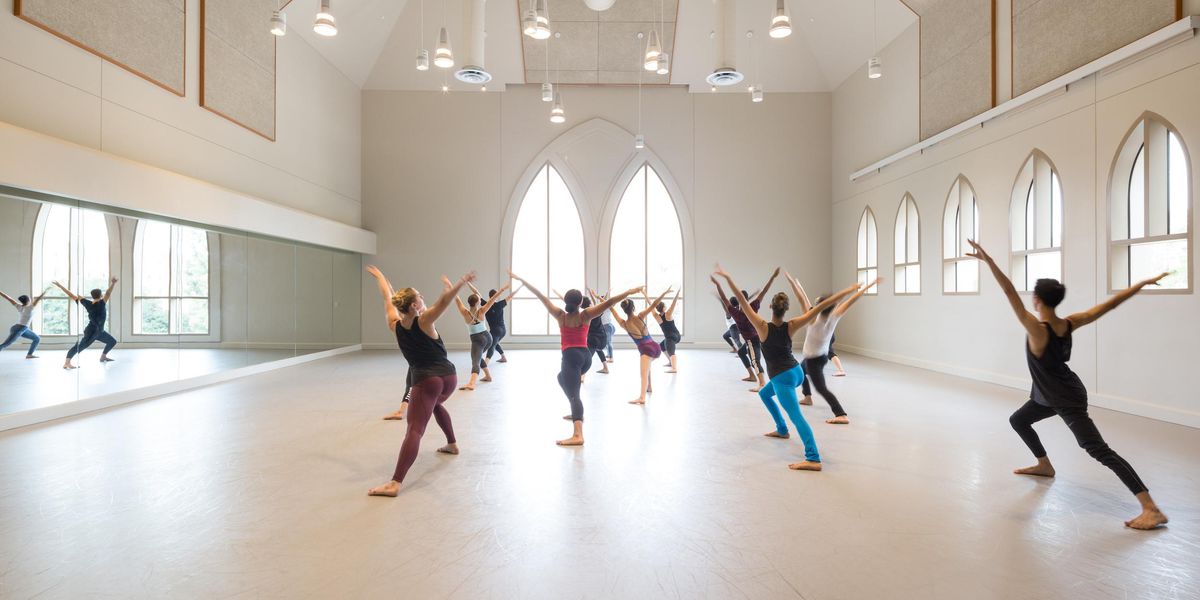Advice for Dancers
Help! My doctor diagnosed me with degenerative disc disease after my leg started tingling and went numb. I’m only in my mid-30s and it’s scary. Could this be caused by dancing? I’m a former ballet dancer who morphed into musical theater. I’m now doing PT, which supposedly has a good chance of treating the problem. I guess my biggest question is what did I do to make this happen?
Casey
Bronx, NY
There’s no definitive answer as to why people develop disc problems. While there appears to be a genetic component in some cases, many causative factors remain a mystery. But we do know that dance by itself does not cause degenerative disc disease. It takes a vulnerable back, combined with large compressive forces, to make it happen. Certainly, dance, with its regular, intense routines, can place extra strain on the lumbar spine. Low back pain can also come from other activities, such as prolonged sitting (which loads the lumbosacral discs three times more than standing), as well as bending, twisting, and lifting heavy weights. Once your disc acts up you may actually feel better when you are walking or running, changing positions frequently or, especially, lying on your back with a pillow beneath your knees, since this relieves stress on the disc space. Typically, treatment starts with physical therapy. If there’s no improvement and the pain is severe, steroids may help relieve the inflammation. Most herniated discs heal after a few months of conservative therapy, but surgery can be an option in a few instances. Be aware that smoking, poor nutrition, and weak muscles can worsen your condition. The good news is that while your symptoms might flare up with certain activities, you can also go for long periods with little or no pain. The key is to keep your core muscles strong and lead a healthy lifestyle.
I’ve been working very hard since I joined my company two years ago, and I had high hopes that my director would cast me in at least a couple of new ballets for the beginning of the season. It was a shock to look at the casting sheet and see nothing. I managed to make it through class without crying but broke down in the bathroom. How can I stay motivated when I feel like it’s hopeless?
Tears on My Tutu
NYC
First, try to keep things in perspective. There are other factors going on besides your talent: A director is juggling a lot of dancers, as well as making decisions about the repertoire to help generate ticket sales. Casting also changes throughout the season as different ballets and new choreography enter the rep. I’ve known too many dancers who succumb to depression by assuming they’ve been bypassed for good only to discover that they would be learning a new piece a few weeks or even days later. I’m not suggesting that you check out the casting sheet each day, expecting a lead role. But setting small, achievable goals that increase your chances of standing out will help you stay motivated. Consider taking privates from a good teacher who can coach you. You can also draw positive attention if you dress like a star, showing off your best assets both in and out of dance attire. Likewise, each class and rehearsal is an opportunity to “perform” rather than looking bored. If you’re having trouble finding inspiration, imagine that you’re being filmed at the theater. It also helps to ask for input from a ballet master or associate director, so you can focus on specific areas that need improvement.
I loved the September issue of DM with the insert about dancers who went on to have wonderful second careers. My problem is that I don’t know of anything I’d want to do except for dancing. It’s been my passion from the moment I started lessons at 5 years old. Is there any way to tell what else could make me happy and mean as much as dance?
Jordan
Los Angeles, CA
Good question! You’ve just identified the most challenging aspect of creating a satisfying life after dance—finding a source of meaning. This is a time to explore your options, hopefully before you cut your ties with dance. A simple way is to look at what you do simply for fun. That’s how I decided to become a psychologist, after listing my interests in self-help books, solving problems, and reaching out to people in need of support. Of course, there’s also a more thorough way through vocational testing and counseling at Career Transition For Dancers (www.careertransition.org), which offers additional services, like how to write a resumé. Know that you can search for a second career that you’ll find just as meaningful as dance, or discover an interesting way to make a living while you engage in other areas purely for enjoyment.
Former New York City Ballet dancer Linda Hamilton, Ph.D., is a psychologist in private practice, the author of advice for dancers (Jossey-Bass), and co-author of the dancer’s way: the new york city ballet guide to mind, body, and nutrition (St. Martin’s Griffin). Her website is
www.drlindahamilton.com
Send your questions to
Dr. Linda Hamilton
2000 Broadway, PH2C
New York, NY 10023




